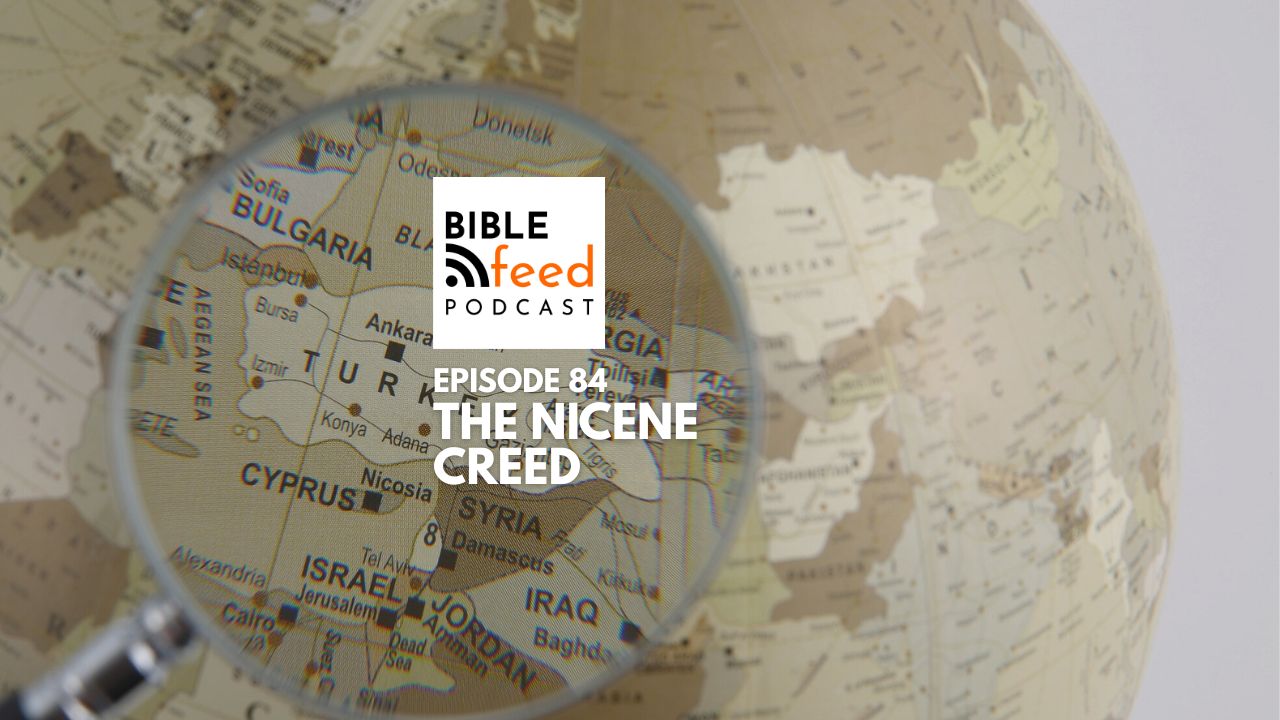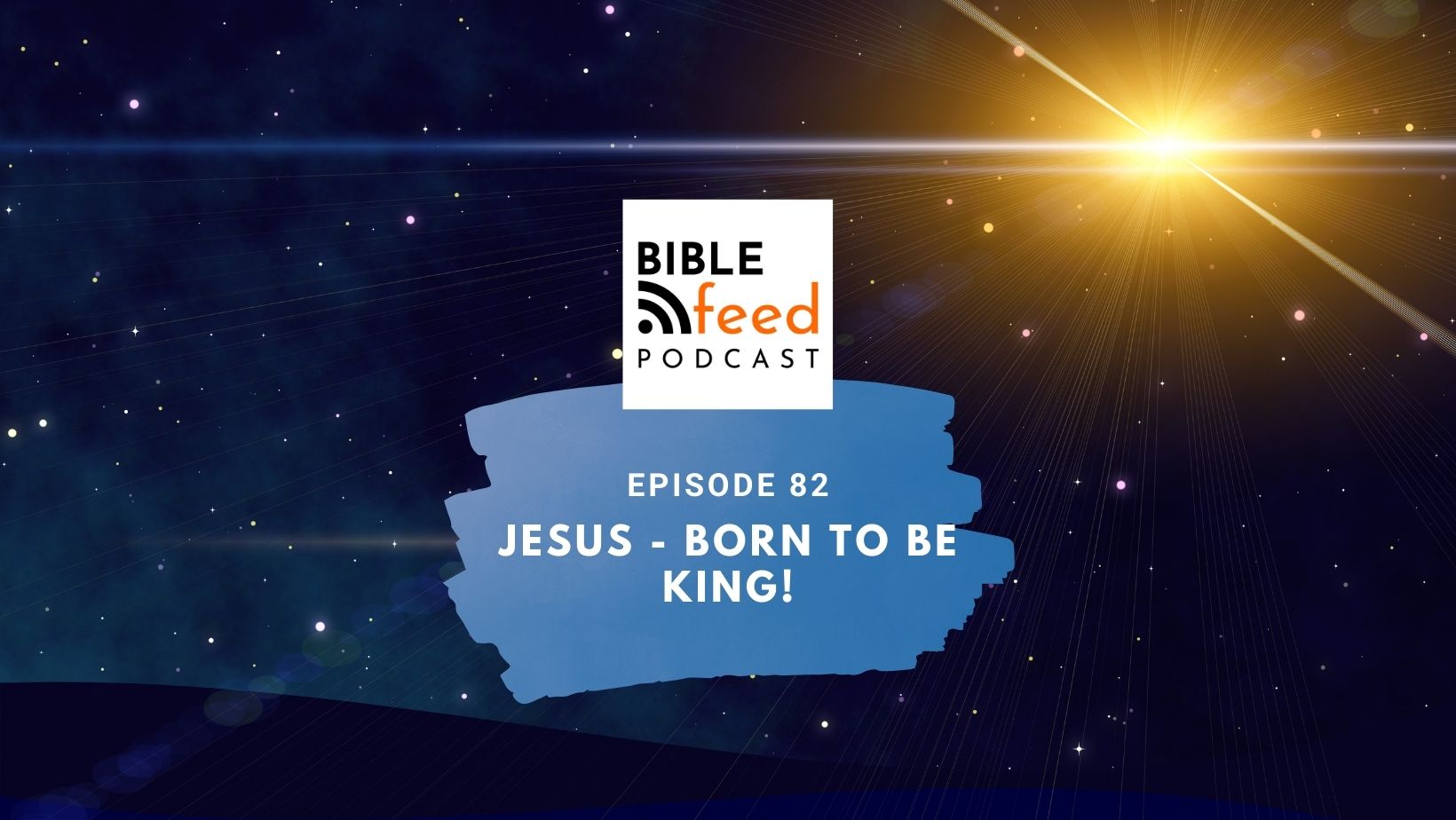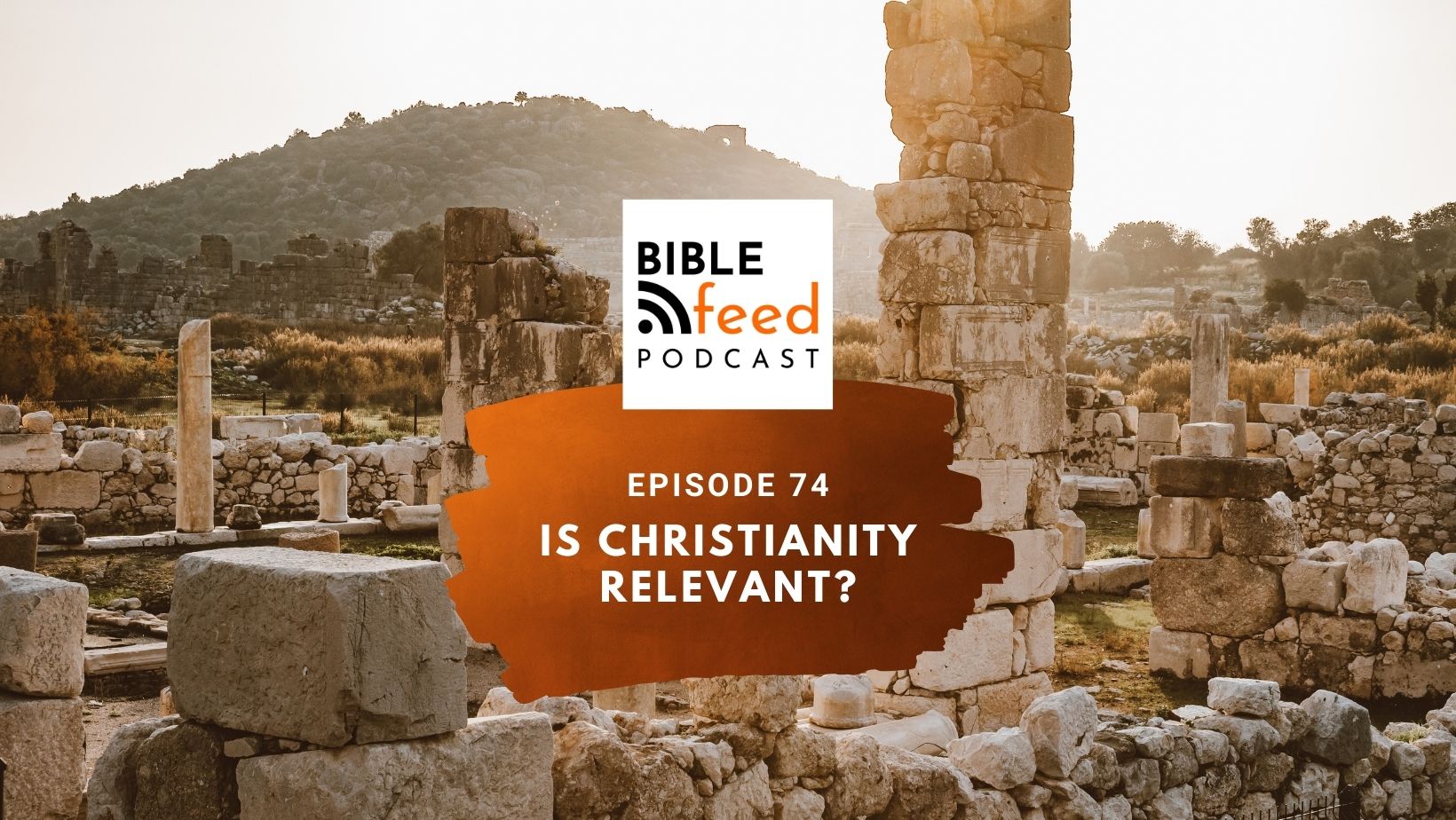Host Dan Weatherall talks with Sam Mansfield from Australia, delving into the Nicene Creed's origins, historical context, and importance. They explore early Christian doctrinal developments, the controversies leading up to and following the Council of Nicea in 325 AD, and the eventual establishment of the Trinitarian doctrine by the Council of Constantinople in 381 AD. Through a series of quotes from Christadelphian writings from the 19th and early 20th century, the discussion highlights the doctrinal shifts and theological debates that shaped early Christianity, and reflects on the necessity of adhering to Bible based creeds for contemporary Christians.
We delve into the fascinating historical context surrounding the birth of Jesus, who was born to be king, through the tumultuous world of King Herod and the Roman Caesars. Discover how Jesus' birth and teachings presented a radical departure from the totalitarian and often brutal reigns of worldly kings. This Christmas-themed podcast reveals the profound differences between the kings of men and the king who was laid in a manger. Tune in to explore the themes of humility, justice, and divine kingship that continue to inspire and challenge us today.
In past centuries, going to church was a deeply embedded part of how western society worked. But today, with so much emphasis on personal faith and opportunity to do community activities outside church, is there any point in being part of a religious group and meeting with people? We discover three key reasons: Support, Diversity and Magnifying.
Exploring how churches were organised, we find ourselves discussing the significance of sharing the bread and cup of wine to remember Jesus. As in previous episodes, there are some similarities with churches today, but also some differences that are worth reflecting upon.
Continuing a mini-series on themes from early church history, we look at Jesus' prediction that Christians might be persecuted for believing in him and how that unfolded over the first few centuries of the church. We discover how the church emerged from periods of persecution as a changed institution. Was that a good thing?
We finish our conversation discussing whether the text of the New Testament is reliable by diving into some examples of accidental copying mistakes as well as more deliberate changes that a scribe might make when copying texts.
We kick off a new 3 part series on aspects of church history and start by exploring the Christian practice of baptism from the early church, through the Middle Ages and beyond. How and why does it change over time, and does it matter?
Ever wondered what it was like to be part of one of the earliest Christian communities in the 1st century church? Follow along with a thought experiment attempting to place a 21st century consciousness into the body of a 1st century Christian! We explore the where, when, what and how of a Christian gathering around 65AD, which builds towards a conversation about which aspects of Christianity should be protected from change, and where we should be flexible.




